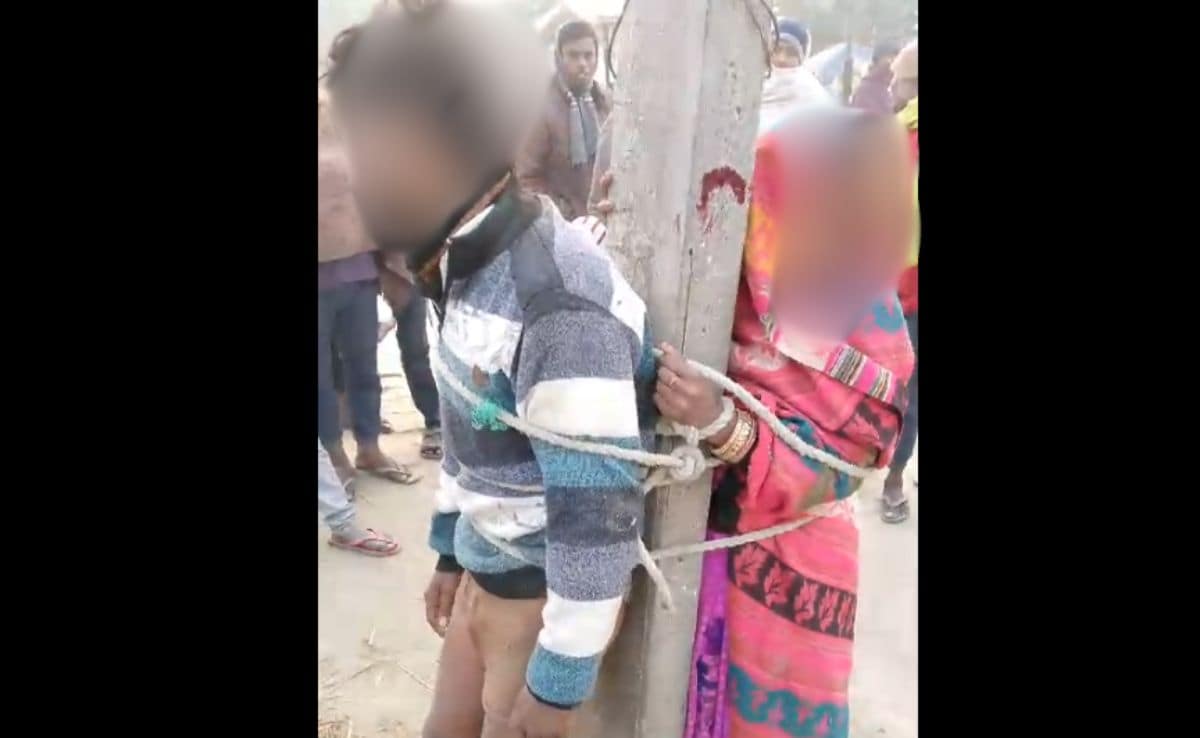The election process has started. The Model Code of Conduct is in place. A sitting Chief Minister has been arrested for the first time since independence. Senior officials in Opposition-ruled states are being transferred faster than you can even say ‘EC’. Just too much happening! No wonder someone made a meme about a ‘tinpot dictator’.
Since the term ‘memes’ was introduced in 1976 by British evolutionary biologist Richard Dawkins in his work The Selfish Gene, over the last decade, internet memes have come to play a role in shaping public opinion and influencing political discourse.
India has the largest number of Instagram users globally. Eight out of 10 users are in the 18 to 34 age group. The current election season on Instagram is characterised by messaging infused with new-age elements of dance, music, and trendy pop culture references, crafted to resonate with young voters. This digital battleground is not without its disparities. The easiest determinator is the money spent on social media advertising. Industry estimates suggest that the Bharatiya Janata Party (BJP) has spent more than Rs 6 crore in the past 90 days. All other parties, put together, have not spent even half that amount.
Marginalised Groups Finding A Collective Identity On Social Media
For marginalised groups, creating and sharing memes that resonate with their lives serves as a powerful vehicle to assert their narratives. One such example is the meme with the late actor Imran Khan from a satire video, which had been shot earlier. In the first image, Imran shakes his head saying ‘NO’, signifying the inaction of the Indian government on the Manipur issue. In the second image, the actor is smiling affirmatively, indicating ‘YES’, showing how the Indian government responded to Israel – Modi calling his Israeli counterpart Benjamin Netanyahu for an update on the situation.
Memes Sometimes Outperform Legacy Media
The spreading of memes on the internet and the power to reach personal devices have enabled citizens to supplement and sometimes eclipse the legacy media. Narendra Modi’s 70th birthday was a case study worth documenting. Social media was flooded with memes of the Prime Minister standing with his arms arched diagonally. The graphic created showed two numbers: the unemployment rate at 7.9% in July 2023 compared to 8.1% in August 2023. The inevitable hashtag soon became viral and netizens did not miss the opportunity to criticise the Union government’s handling of the unemployment issue. Facebook, Instagram, X and WhatsApp were buzzing with factoids – unemployment in the age group 20-24 years at 45%, four out of ten graduates under 25 years unemployed, and more. Unsurprisingly, #NationalUnemploymentDay trended for many hours on September 17.
Another example. You may recall the digitally altered photograph depicting the Prime Minister doing an aerial survey of the flood-affected areas in Tamil Nadu. This sparked a flurry of memes. The original images, posted by the Press Information Bureau, showed the Prime Minister looking out of his aeroplane window. Minutes later, the cloudy skies in the original picture were replaced with images of devastating floods. Creators of memes often give themselves the licence to digitally manipulate images, and the freedom to creatively interpret words and pictures to come up with powerful communication. It is when this ‘creative freedom’ is used to deceive and manipulate that the problem arises (the photoshopped image from the aeroplane window is a good example of the BJP IT cell being caught out!).
Bizarre as it sounds, a forest officer got suspended recently for naming a pair of tigers Akbar and Sita. It got more wild. The issue was taken to court. Just the kind of story that opened up the floodgate for creators of memes. Then there was the meme that went viral featuring the Home Minister of India. It had a picture of Amit Shah with the clever caption: “I have a joke on the CAA and NRC, but I’ll only share the joke after you show me all your documents.”
There was a generation that depended on legendary cartoonist R.K. Laxman to hold up a mirror to politicians. Laxman is no more. Today’s meme makers are the R.K. Laxmans of Indian politics.
(Research Credit: Chahat Mangtani)
(Derek O’Brien, MP, leads the Trinamool Congress in the Rajya Sabha.)
Disclaimer: These are the personal opinions of the author.












